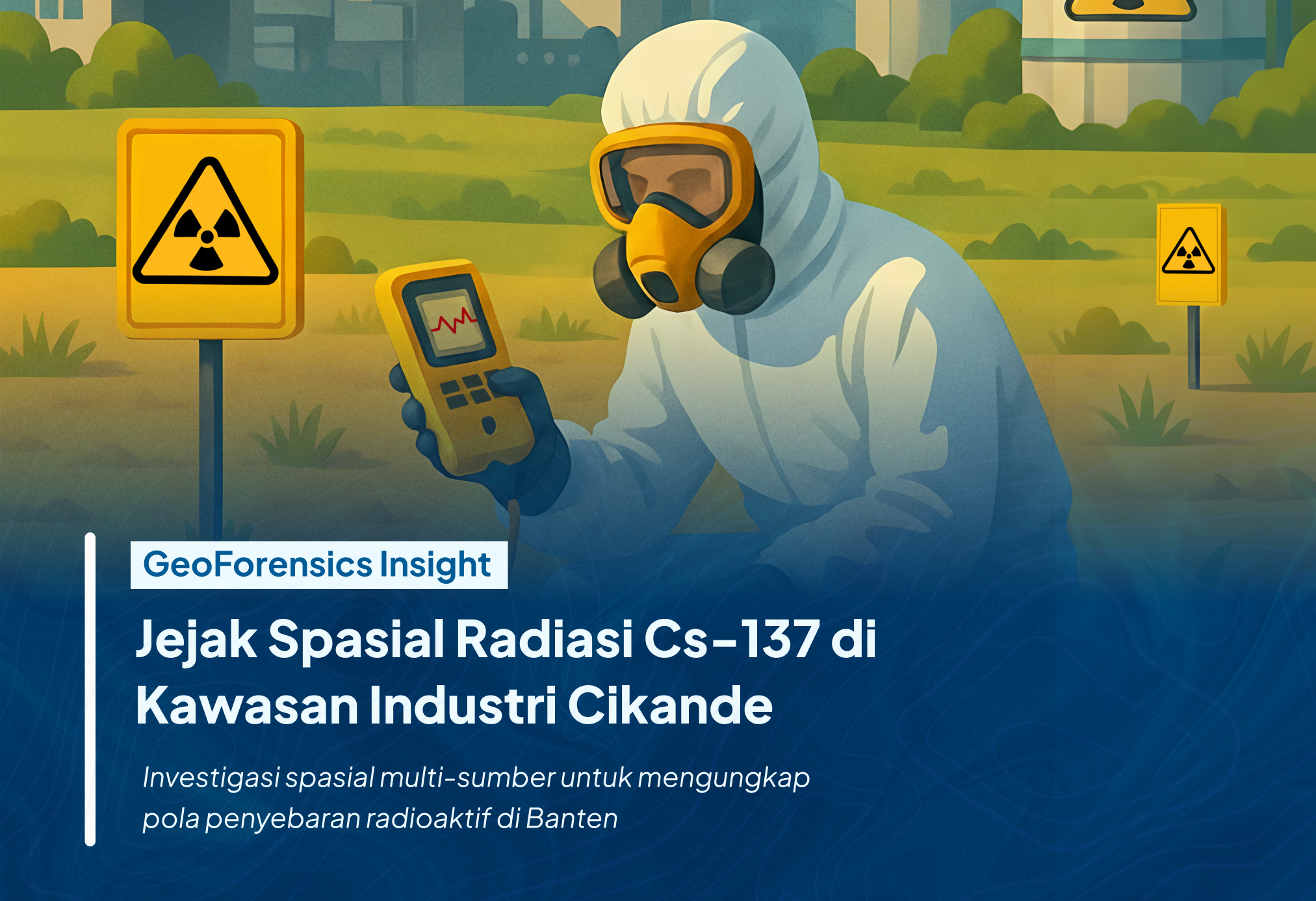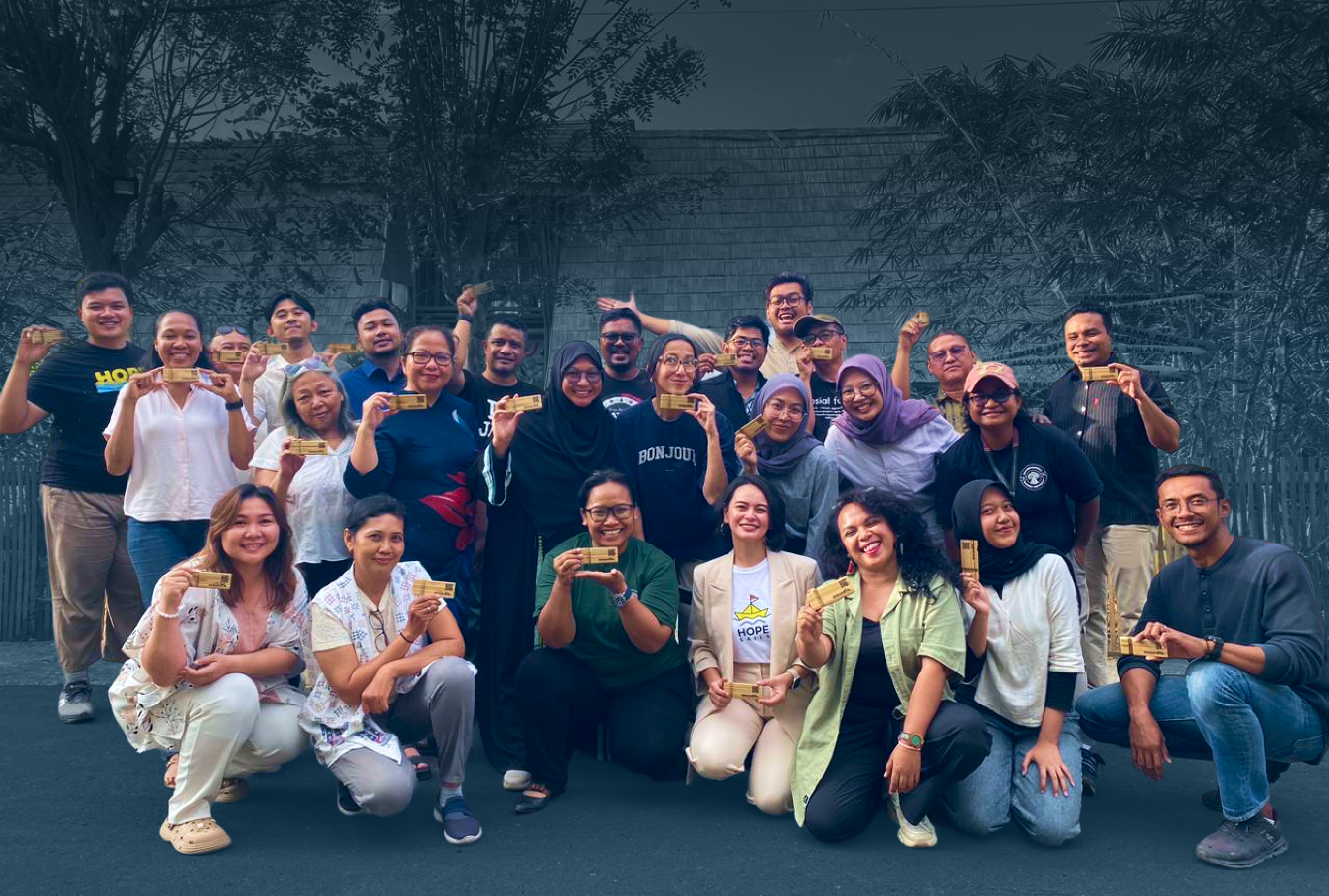
GeoForensics Insight: Jejak Spasial Radiasi Cs-137 di Kawasan Industri Cikande
Analisis geospasial mendalam untuk menelusuri sumber paparan radiasi Cs-137 di kawasan industri Cikande, Banten. Kajian ini mengungkap hubungan antara aktivitas industri, faktor lingkungan, dan dampak sosial, menggunakan pendekatan GeoForensics berbasis data spasial dan machine learning.

